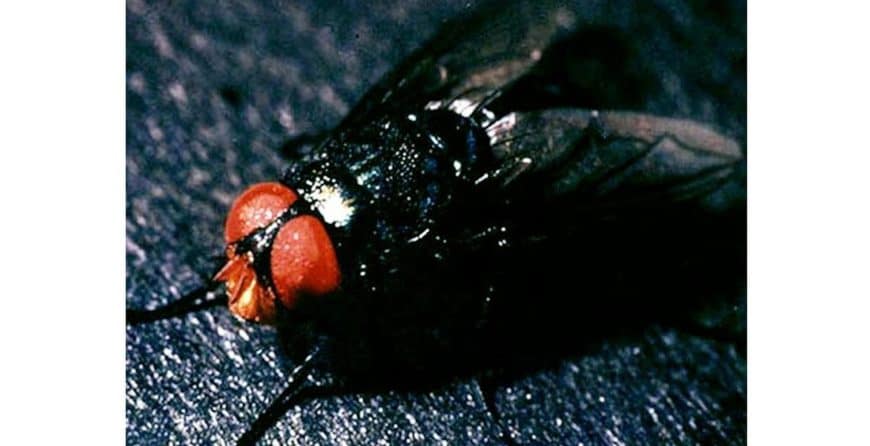Cases of screwworm in humans reported in Costa Rica
The authorities of Costa Rica confirmed on Monday the first case of screwworm in a human recorded in the country, so experts began work to verify or rule out more cases.
The case was confirmed by the Ministry of Health and the National Animal Health Service (SENASA) and it is a man who lives in the town of Altamira de Pavones , province of Puntarenas, in the southern part of Costa Rica and near the border with Panama.
Screwworm is a disease caused by the larvae of the fly Cochliomyia hominivorax (Coquerel), which lays its eggs in any open wound of a warm-blooded animal, including people. Hours after they have been deposited, the worms are born, which feed on the living tissue.
The larvae hatch and develop under the skin causing a condition known as cutaneous myiasis.
Symptoms include the presence of a painful lump on the skin that may secrete fluid. As the larva grows, it may be visible under the skin and can often be felt moving.
Treatment usually involves surgical removal of the larva, followed by local care to prevent infection.
The authorities reported that they are following up on the matter to determine if there are more cases and are also working on an action protocol to address these cases and thus begin a sweep in the area.
Among the steps to follow in the protocol, once a case of screwworm is suspected, the sample is taken and transferred to SENASA and if the result is positive, field coordination is carried out between the Ministry of Health.









